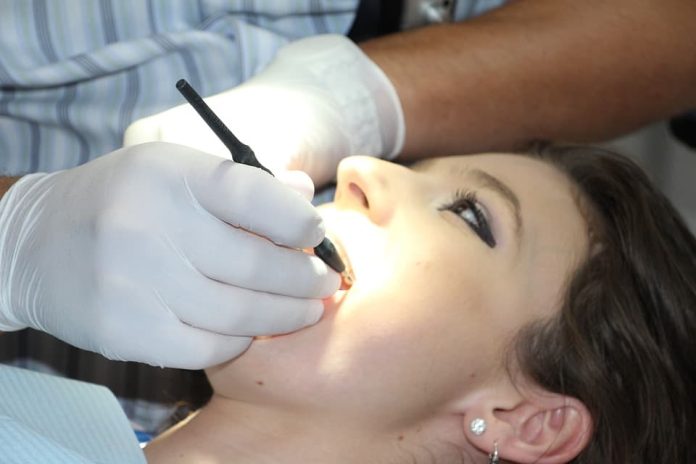Oral health is an integral part of your overall well-being. Sadly, many people ignore their oral health, increasing the risk of dental problems such as cavities, gum disease, and bad breath.
Poor dental health can also lead to serious health issues like heart disease, stroke, and diabetes. It’s essential to follow some basic best practices for healthy teeth and gums. The following tips can help you maintain good oral hygiene and prevent dental problems.
Table of Contents
1. Brush Your Teeth Twice a Day
Brushing your teeth twice daily is crucial for keeping your teeth and gums healthy. Choose a soft-bristled toothbrush or fluoride toothpaste, and use gentle circular motions when brushing. Make sure to brush your teeth for at least two minutes each time.
When brushing, don’t forget to clean your tongue and the roof of your mouth. This will help prevent bad breath and protect against bacteria buildup. The American Dental Association recommends replacing your toothbrush every three to four months. Flossing is just as important as brushing. Flossing helps remove food particles, plaque, and bacteria that get stuck between your teeth and under the gum line. Make sure to use a gentle sawing motion when flossing to avoid damaging your gums.
2. Eat a Balanced Diet
A balanced diet is essential for keeping your teeth and gums healthy. Eating plenty of fresh fruits and vegetables helps clean your teeth as you chew them. Foods like cheese, yogurt, and nuts are also good for teeth because they contain calcium, strengthening tooth enamel.
Avoid sugary sweets, carbonated drinks, and starchy foods like chips and pretzels. These foods can increase the risk of tooth decay because they contain high amounts of sugar that can linger on your teeth. Ideally, you should drink more water throughout the day. Water helps wash away food particles and bacteria, keeping your mouth healthy.
3. Visit Your Dentist Regularly
You can never underestimate the importance of regular dental visits. Visiting your dentist every six months can help detect potential problems early on and ensure your teeth and gums are in good health.
The dentist or hygienist will clean your teeth at your appointment to remove plaque buildup. They also check for problems early on and recommend the ideal treatment. A dental root canal, for example, can save a badly damaged tooth from needing extraction. The dentist may also recommend sealants or fluoride treatments to help prevent tooth decay.
4. Use the Right Toothbrush
Choosing the right toothbrush is essential for good oral hygiene. Many people opt for a manual toothbrush, but an electric toothbrush can be just as effective, if not better. Electric toothbrushes are more efficient at removing plaque and debris; you don’t have to do all the work – they do it for you. The degree of softness also matters when choosing a toothbrush. A brush with tough bristles may do a better job, but they can damage your gums and enamel. Soft-bristled toothbrushes are best as they won’t cause any damage.
5. Quit Smoking
Smoking is incredibly harmful to your teeth and gums because it increases the risk of gum disease, cavities, and bad breath. Smoking can also stain your teeth and lead to oral cancer. If you’re a smoker, it’s best to quit as soon as possible for your oral health.
Speak to your dentist about quitting smoking, and they may be able to offer advice or support. There are also many resources available online that can help you quit.
Good oral hygiene is essential for keeping your teeth and gums healthy. Brushing and flossing alone are not enough. Make sure you see a dentist regularly to catch any problems before they become more serious. Eating a balanced diet and avoiding sugary foods is also important. Finally, quitting smoking can have a positive effect on your oral health. By following these tips, you’ll be able to keep your mouth healthy and prevent any issues from arising in the future.




